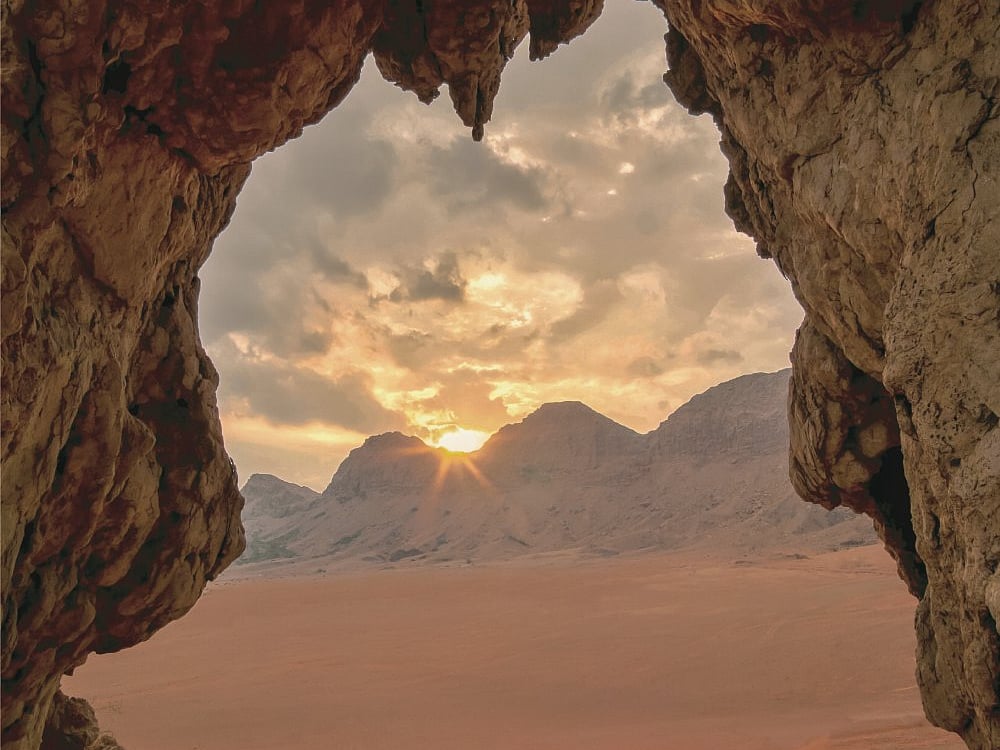Sharjah’s Faya areas moves closer to UNESCO world heritage status
Desert site, home to over 210,000 years of human history, advances in global recognition

Sharjah: The UAE has marked a major milestone in its cultural and scientific journey as the Faya Palaeolandscape in Sharjah officially advances in its nomination for inscription on the UNESCO World Heritage List. Located in the emirate’s Central Region, Faya represents one of the oldest and most continuous records of early human presence in Arabia—tracing back more than 210,000 years.
Originally nominated in 2024 under the “Cultural Landscape” category, Faya is currently under evaluation by the UNESCO World Heritage Centre. The site is gaining international recognition not only for its archaeological significance but also for its ability to reshape our understanding of how early humans survived, evolved, and migrated across Southeast Arabia’s challenging desert terrain.
A living archive of humanity
Sheikha Bodour bint Sultan Al Qasimi, who serves as the official ambassador of the nomination, is leading the global outreach campaign to support Faya’s inclusion on the World Heritage List.
“Faya offers one of the oldest and most complete records of early human presence in Arabia,” said Sheikha Bodour.
“It is a living archive that deepens our understanding of who we are, where we came from, and how we have learned to survive. This nomination highlights the importance of preserving such ancient sites not just for their historical value, but for their power to educate future generations,” she noted.
Sheikha Bodour added that Faya’s inscription would elevate the site as a shared global heritage, reinforcing the UAE’s growing leadership in cultural diplomacy, scientific research, and heritage preservation.
Faya site
Historically viewed as a transit point for early human migration, new research has reframed Faya as a destination of repeated settlement. Archaeological and scientific studies led by the Sharjah Archaeology Authority (SAA), in collaboration with the University of Tübingen and Oxford Brookes University, have confirmed that the site offered favourable conditions for long-term habitation during key climatic periods.
Access to water from springs and wadis, abundant raw materials such as flint for tool-making, and natural shelter within the surrounding jebels enabled sustained human occupation. Over 30 years of excavation have uncovered 18 distinct archaeological layers, each representing a unique chapter of human adaptation, resilience, and evolution.
As the world awaits UNESCO’s final decision, the story of Faya stands as a powerful reminder of human endurance and ingenuity and of the UAE’s commitment to protecting its ancient cultural landscapes for generations to come.
Eisa Yousif, Director of the Sharjah Archaeology Authority, said: “These discoveries provide an unprecedented view into the lives of our ancestors. Faya’s preservation is protected under Sharjah’s Cultural Heritage Law No. 4 of 2020, ensuring that this legacy endures for future generations. What we’ve uncovered here is not just significant for the UAE—it holds global value.”
Conservation
To support the nomination and secure the site’s future, a comprehensive conservation and management plan has been developed for 2024–2030. This strategy meets UNESCO’s standards for safeguarding World Heritage Sites, covering conservation practices, research coordination, and community engagement.
“Faya is a global project rooted in local heritage but resonating far beyond. Our collaborative efforts with international researchers have transformed it into a key contributor to the global archaeological record," Yousif added.
Sign up for the Daily Briefing
Get the latest news and updates straight to your inbox
Network Links
GN StoreDownload our app
© Al Nisr Publishing LLC 2026. All rights reserved.